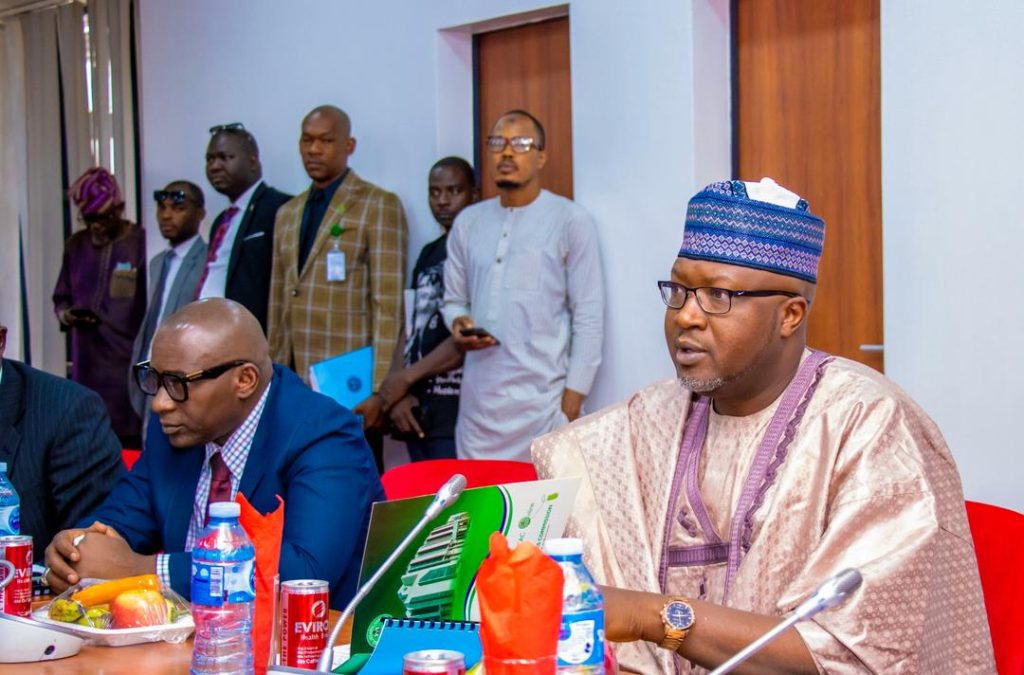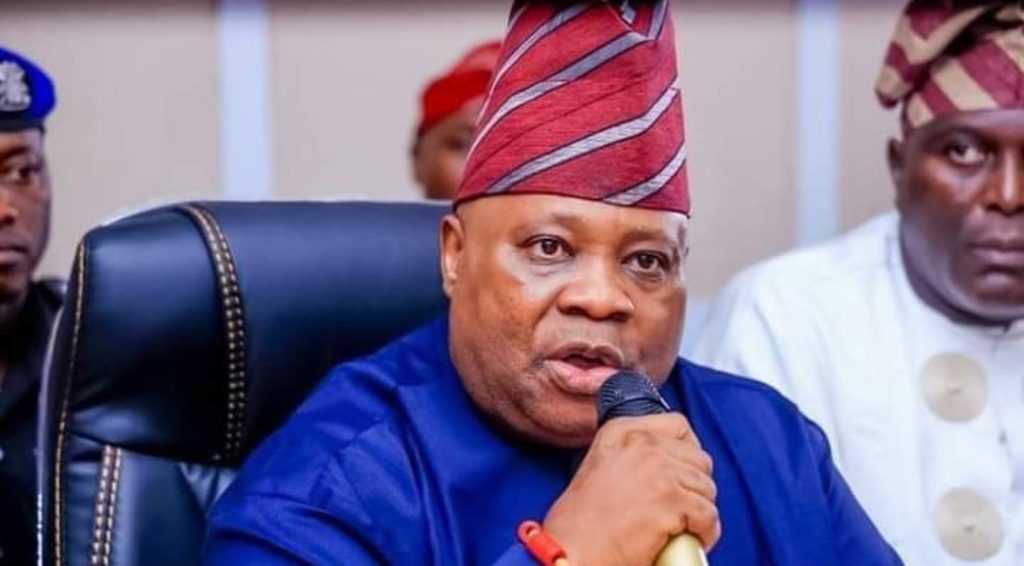Abia State Governor Alex Otti has urged Nigerian lawmakers to prioritize inclusivity and pragmatic reforms as the country debates updates to its 1999 Constitution, spotlighting the need for a governance framework that adapts to citizens’ evolving needs. Represented by Deputy Governor Ikechuckwu Emetu at Saturday’s South East zonal public hearing, Otti framed constitutional reform as critical to fostering national unity through equitable resource distribution and participatory decision-making.
“The legitimacy of any constitution in a diverse society like Nigeria hinges on meaningful input from all ethnic, religious, and cultural groups,” Otti stated, citing his administration’s resource allocation strategies as a template for inclusive governance. While backing proposals for state-controlled police forces to improve security, he cautioned that such bodies require rigorous oversight mechanisms to prevent abuses, emphasizing standardized recruitment, accountability protocols, and human rights safeguards.
Otti expressed skepticism about further subdividing Nigeria into new states, citing concerns over unsustainable administrative costs and bureaucratic bloat. He also warned against full financial autonomy for local governments without structural safeguards, arguing that sudden decentralization could strain resources and governance efficiency.
Educational reform emerged as another priority, with the governor advocating for constitutional guarantees of free, compulsory primary and secondary education paired with increased funding to elevate quality. These measures, he contended, would address systemic inequalities and equip younger generations to drive economic progress.
Highlighting Abia’s electricity sector overhaul as a model, Otti credited recent constitutional amendments enabling state-level energy regulation. The creation of the Abia State Electricity Regulatory Agency (ASERA), operating under the national electricity commission (NERC), has allowed the southeastern state to develop localized solutions for power generation and distribution. “This shift demonstrates how constitutional flexibility can empower regions to tackle infrastructure challenges directly,” he noted.
Deputy House Speaker Benjamin Kalu, who presided over the hearing, characterized the nationwide consultations as a pivotal opportunity to reshape Nigeria’s governance architecture. “This isn’t merely a legislative exercise but a national dialogue,” Kalu said. “The outcome must resonate with the aspirations of every Nigerian, ensuring no community feels sidelined.”
The proposals coincide with broader calls to modernize Nigeria’s federal structure, balancing regional autonomy with cohesive national planning. As debates continue, stakeholders are scrutinizing how reforms might address longstanding tensions over resource control, security challenges, and socioeconomic disparities in Africa’s most populous nation.



